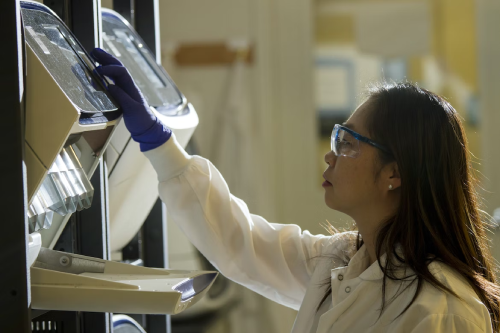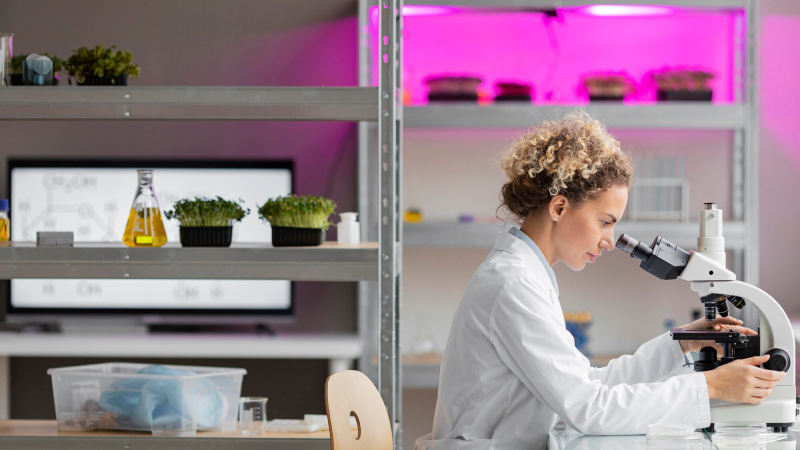
Over the past few decades, the biotech industry has made amazing progress in improving human health and quality of life. In particular, biotechnologies have been instrumental in developing new treatments for cancer, heart disease, and other serious illnesses.
As we move into the future, the biotech industry is poised to make even greater advances in improving our health and wellbeing. Here are a few areas where we can expect to see significant progress in the coming years:
Cancer treatment
One area where biotechnologies have already made a big impact is in cancer treatment. Currently, there are many different types of cancer therapies available, including traditional chemotherapies, targeted therapies, immunotherapies, and others.
However, these treatments often come with significant side effects that can be difficult to tolerate. In the future, we can expect to see more targeted and individualized cancer therapies that are more effective and have fewer side effects.
Additionally, new technologies such as gene editing will allow us to develop even more precise and powerful treatments for cancer.
Heart disease
Heart disease is currently one of the leading causes of death worldwide. However, thanks to advances in biotech research over the past few decades, we now have a much better understanding of how heart disease develops and progresses.
In the future, we can expect to see more targeted treatments for heart disease that are based on a patient’s individual genetic makeup. Additionally, new gene therapies and other biotechnologies will likely be developed that can repair or replace damaged heart tissue, potentially eliminating the need for traditional open-heart surgery.
Neurodegenerative diseases
Alzheimer’s disease, Parkinson’s disease, and other neurodegenerative disorders are currently incurable and often lead to a decline in cognitive function and quality of life. However, research in the biotech industry is beginning to shed light on the underlying causes of these conditions.
In the future, we may see treatments that can slow or even stop the progression of neurodegenerative diseases. Additionally, new technologies such as brain-computer interfaces could help restore some level of function for patients with these conditions.
Infectious diseases
Although vaccines have helped to control many infectious diseases, there are still many pathogens that remain out of reach of current vaccine technology. In the future, we can expect to see more effective vaccines against viruses such as HIV/AIDS and Ebola.
Additionally, new gene editing technologies may allow us to create “universal” vaccines that can provide protection against multiple diseases.
Food security
As the world’s population continues to grow, so does the demand for food. Unfortunately, our current agricultural practices are not sustainable in the long term. In the future, we can expect to see more biotech-based solutions to food production, including genetically modified crops that are resistant to pests and disease.
Additionally, new methods of aquaculture (fish farming) and other forms of agriculture will likely be developed that use less land and water resources.
As you can see, the future of the biotech industry is very exciting. We can expect to see significant advances in the treatment of disease and the development of more sustainable food production practices. Additionally, new technologies will allow us to live longer, healthier lives.







